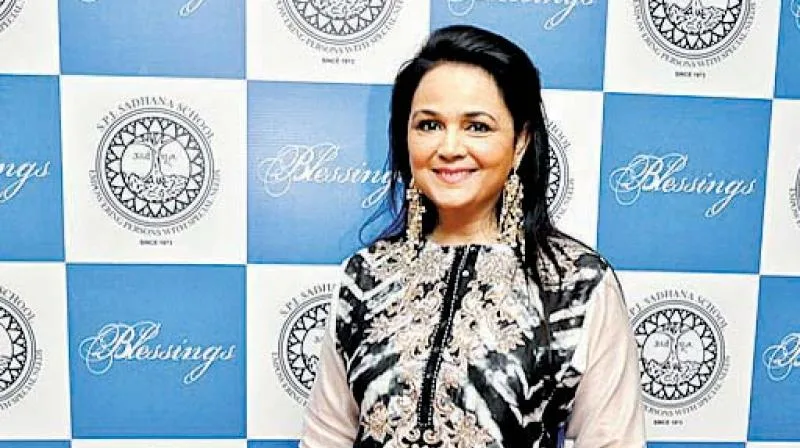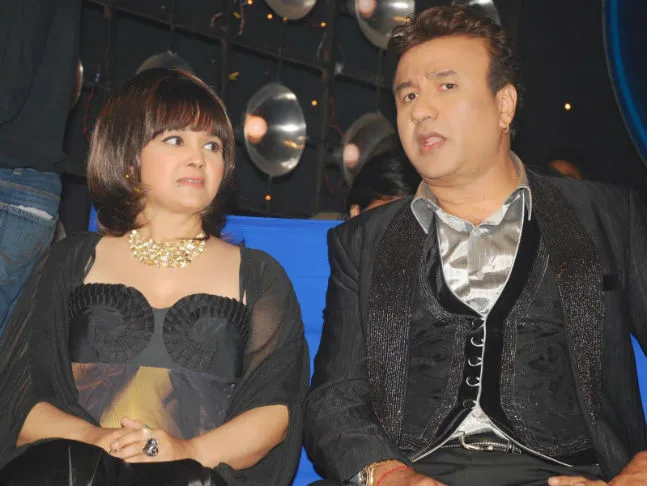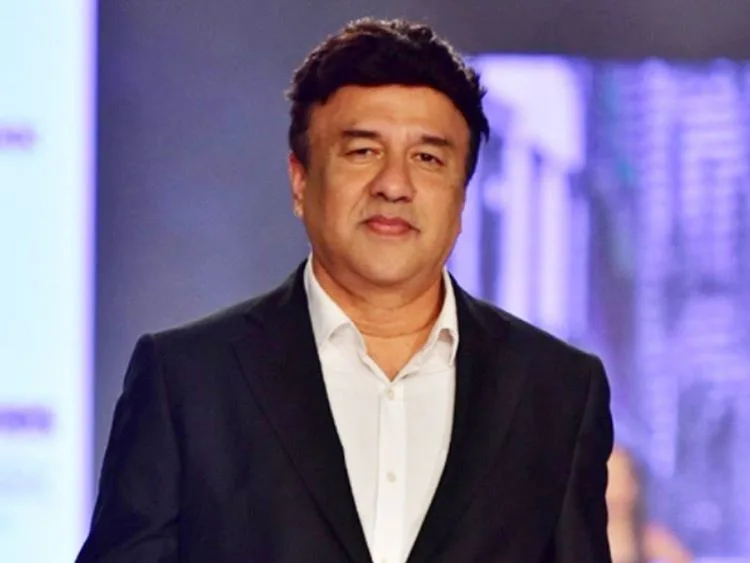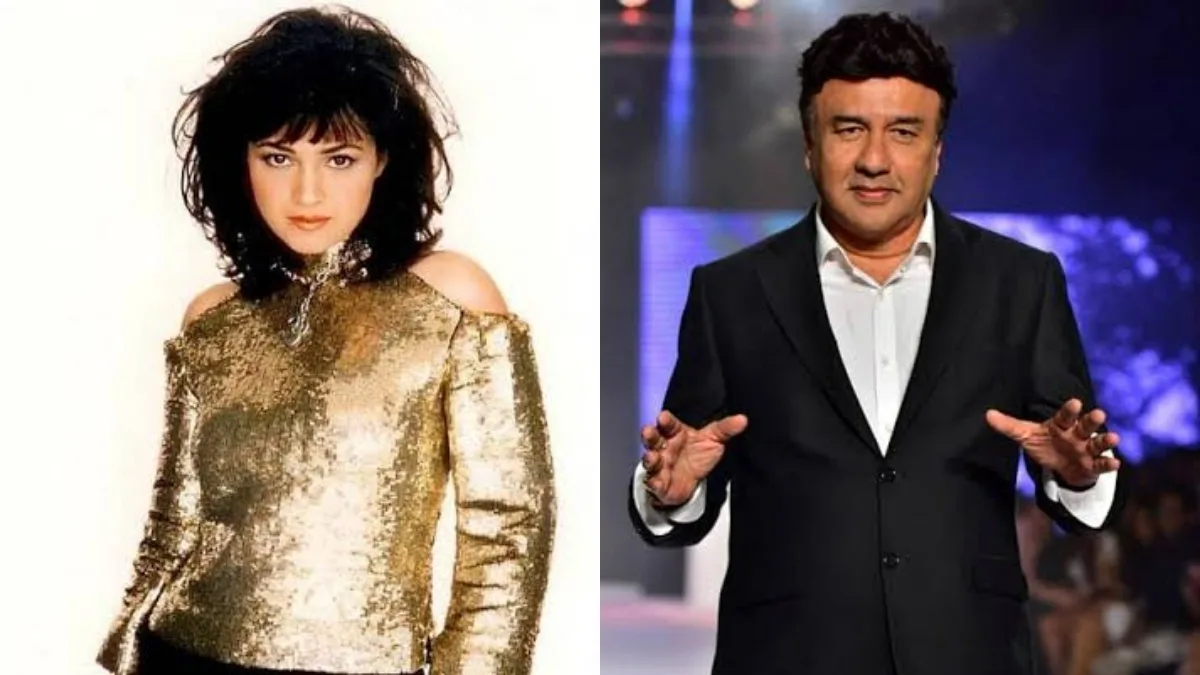Singer Alisha Chinai, one of the most prominent voices of the 1990s Indian pop scene, has revisited one of the most difficult chapters of her life — her 1996 sexual harassment case against music composer Anu Malik. In a recent interview with Zoom, the Made in India singer revealed how speaking out cost her dearly, both professionally and personally, as she was shunned by much of the industry soon after taking legal action.
Alisha shared that she was initially reluctant to take the matter to court, but it was her then-husband and manager, Rajesh Jhaveri, who urged her to speak up and stand her ground. “I believe they dismissed it outright. Ultimately, it’s a man’s domain, sadly. Well, it used to be. Now, it’s a woman’s domain,” she said. “At that time, I was married, and my former husband Rajesh was also overseeing much of my career. He was quite supportive of my perspective.”

At the height of her fame, Alisha had collaborated extensively with Anu Malik, delivering a number of hit songs that defined the era. However, once she filed the case, her work offers began to dry up rapidly. “A lot of my work just stopped,” she said, adding that no one from the film or music industry came forward to support her. “But I told myself, forget it — it didn’t bother me that they isolated me.”
Despite the professional setback, Alisha maintained her resilience and chose to rebuild her life quietly. Years later, she and Anu Malik found themselves crossing paths again — this time on a film project. In 2003, they reunited for Ishq Vishk, a film starring Shahid Kapoor and Amrita Rao, which featured the popular track Chot Dil Pe Lagi. The two would later appear together as judges on Indian Idol, a collaboration that surprised many given their fraught history.

Addressing that unexpected reconciliation, Alisha explained that it came only after Anu Malik personally apologised to her. “He did apologise, and I accepted it. Everyone makes mistakes,” she said, noting that she wanted to move forward and not let the bitterness of the past define her.
However, the story did not end there. When the #MeToo movement swept through India in 2018, several women in the entertainment industry came forward with similar allegations of misconduct against Anu Malik. Many of them reached out to Alisha for support, recalling her case as one of the earliest instances of a woman in Indian music taking a stand against harassment. Though initially hesitant, Alisha eventually spoke up in solidarity with the new wave of survivors. “I believed them,” she said, adding that she understood all too well the price that often comes with speaking out.

Alisha’s recollection serves as a reminder of the deeply entrenched gender power imbalance that existed in the entertainment industry in the 1990s. “At that time, it was still very much a man’s world. You didn’t have platforms, you didn’t have social media. You just had to face the consequences alone,” she noted.
A Pioneer of Indian Pop
Despite the challenges she faced, Alisha Chinai’s contribution to Indian music remains undeniable. A leading figure of the Indipop movement, she broke barriers with her 1995 album Made in India, composed by Biddu, which became one of the highest-selling pop records in the country. The album not only cemented her status as the “Queen of Indipop” but also redefined how female pop artists were perceived in India.
Over her decades-long career, Alisha collaborated with leading composers like Bappi Lahiri, Rajesh Roshan, and Anu Malik, lending her distinctive voice to numerous Bollywood hits, from Kajra Re to Tinka Tinka. Known for her bold, trendsetting persona, she paved the way for a generation of female artists who followed.

Today, Alisha’s reflections offer a rare glimpse into the courage it took to stand up against systemic wrongs in a time when few dared to do so. While she admits the journey was isolating, her resilience and honesty continue to inspire — a reminder that truth, even when silenced, finds its echo years later.


